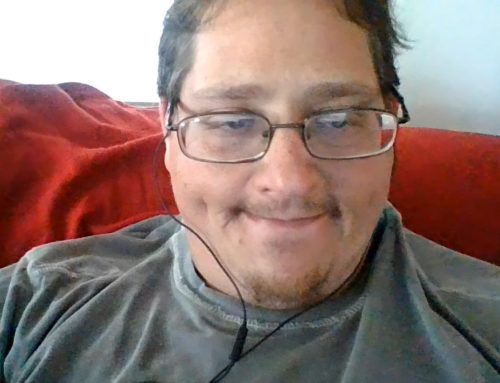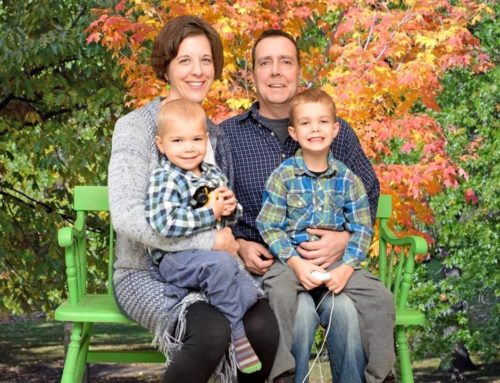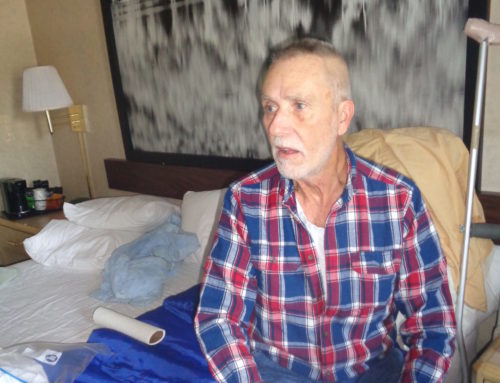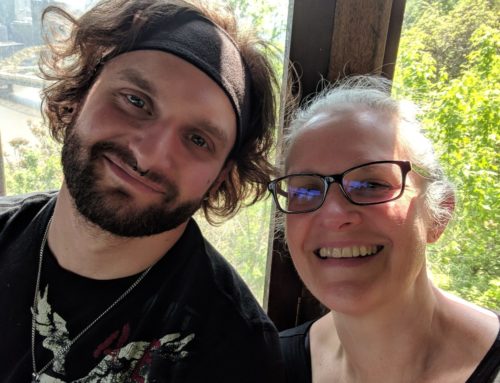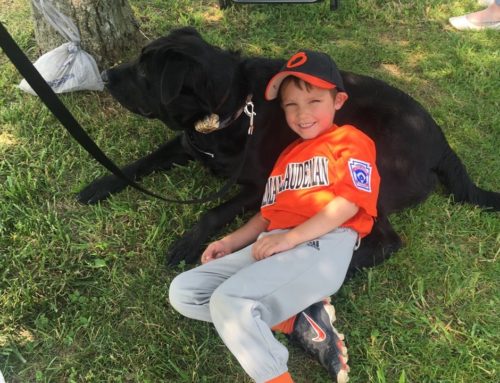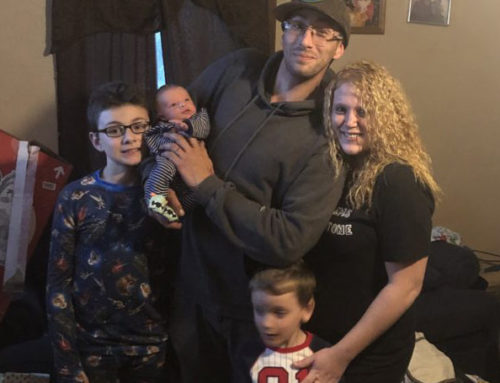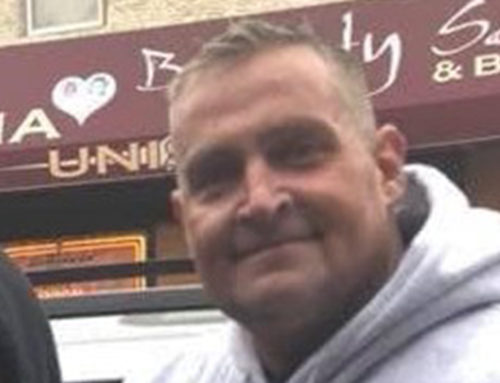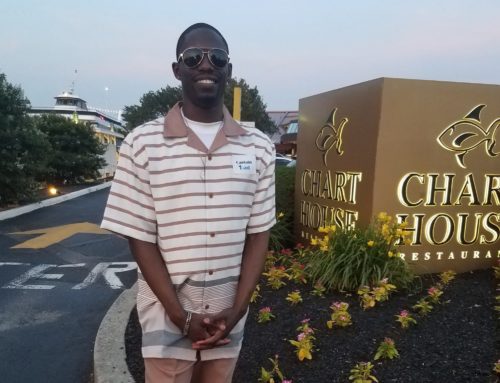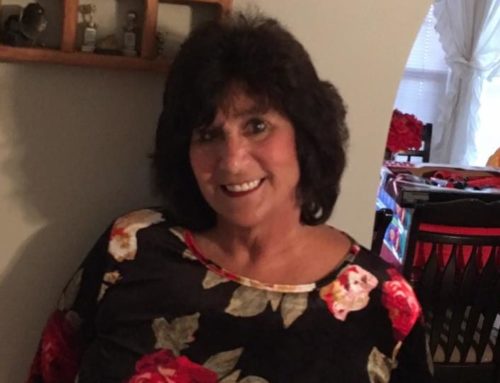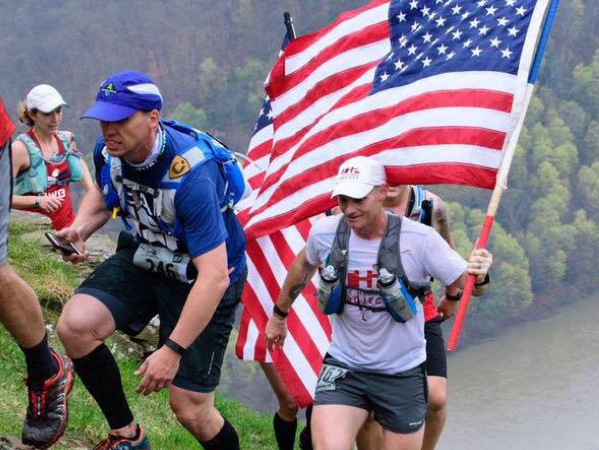
"Eight years after my first relapse, I am sober and free. I have the greatest family and friends you could ask for. Most importantly, I love me! "
I am an alcoholic from Clinton County. I am celebrating my five years of sobriety in May of 2018, which I am eternally grateful for.
I would say my life growing up was pretty average. My family was normal; I had plenty of friends, played sports, I even graduated third in my class from high school. But, somewhere along the way in high school, I didn’t feel like I belonged. My friends wanted to party, but they didn’t want the cop’s kid around. Living in a small town where your dad is a cop made it very hard to get away with anything. My dad knew where the parties were well before I did. Later, I decided to enlist in the Army as a Second Lieutenant. That’s when my drinking career really began.
Alcohol was a part of all aspects of military culture. At every event, there was drinking. It quickly became my way of coping with the stress of my job. I drank “responsibly” for the first 10 years, while I was in the Army. After my first deployment to Afghanistan, my drinking escalated and became a problem not only for me, but for my wife and son too. I started breaking all the rules I had set in place for myself such as: no more than two beers, no drinking before noon, only drinking on the weekends, beer only, and more.
Shortly after I got home, I deployed to Afghanistan for the second time. Yes, my drinking picked up again. 90 days after returning home, I was deployed to Afghanistan for the third time. Our unit redeployed early, we were told we would be home for eight months, and then go to Iraq for 15 months. I did not realize or want to admit the toll the multiple deployments took on my mental health. As a Ranger Qualified Combat Arms Officer, I had too much pride to admit that I was struggling with depression, anxiety, suicidal thoughts, nightmares, lack of confidence, survivor’s guilt, and many other issues. Alcohol made all of those problems go away. Days after returning home, I was deployed to Afghanistan for the third time. Our unit redeployed early, we were told we would be home for eight months, and then go to Iraq for 15 months. I did not realize or want to admit the toll the multiple deployments took on my mental health. As a Ranger Qualified Combat Arms Officer, I had too much pride to admit that I was struggling with depression, anxiety, suicidal thoughts, nightmares, lack of confidence, survivor’s guilt, and many other issues. Alcohol made all of those problems go away
Eventually, I started drinking 24/7, even while at work, just to keep the withdrawal away. I felt worthless and hopeless. My marriage and family was falling apart, and I was throwing away my successful Army career. After I totaled my truck on the way to a training exercise, it was apparent to the Army that I had a drinking problem.
The Army sent me to rehab which I successfully completed. But, within two days of returning, I was drinking again. Game over. I went from being a respected leader and Battalion Executive Officer to a substance abuse program failure.
I left the Army, and moved back to Pennsylvania to teach ROTC. I separated from my wife, and without her “supervision,” my drinking exploded. Over the course of five months, I racked up five DUIs. Even the police were surprised at my blood-alcohol content. I was walking and talking on an amount that would kill most people. I arrived at county prison drunk and spent the next 10 months in jail. At another sentencing trial, the judge decided to give me a chance. I left jail early to enter an inpatient PTSD care program in Coatesville, Virginia. After the program, I was sober for two years until my wife and I officially divorced.
People kept recommending AA and other resources. Nope, I thought I could do this on my own. At the time, I was back in school, and ironically, my advisor was a recovering alcoholic. I can still remember him telling me I would never get long-term sobriety because I was too smart. What he meant was that I would refuse to ask or accept help. I was convinced I could maintain sobriety on my own. That led to two more relapses, two more stays at rehab, and at least five more medical detoxes. Also, I completely isolated myself from everyone I had loved and cared about. I didn’t see a way out, I wanted to die drinking.
Finally, in 2012, I said the hardest words of my life: “I need help.” I went to another rehab, and actually followed their suggestions. I even went to AA meetings, spoke, and got a sponsor. I’ve been sober ever since.
This is why I am sharing my story. Maintaining my sobriety hasn’t always been easy, I have face many challenges along the way. But the tools I have learned in recovery have saved my life. My relationships with others grew deeper, and I made more long-lasting friends along the way. The attitude of gratitude has gotten me through many tough spots. Working with a sponsor has allowed me to grow as a man and continue to grow still today. I left my last rehab at 240 pounds with a myriad of physical health problems. Like a lot of other addicts and alcoholics, I took up running. I even hid in my parents’ garage doing workout videos. I ended up losing 80 pounds.
In 2014, I got to share my story at The Runner’s World Half Marathon and Festival. Now, I’m told I’m addicted to running, not alcohol. I haven’t gone to jail for running. I always remember what I did the night after running. I haven’t wrecked multiple vehicles running. Running has connected me to so many wonderful people and an amazing trail running community filled with positive people. It keeps me mentally and physically sharp. Running is my therapy.
Eight years after my first relapse, I am sober and free. I have the greatest family and friends you could ask for. Most importantly, I love me!

